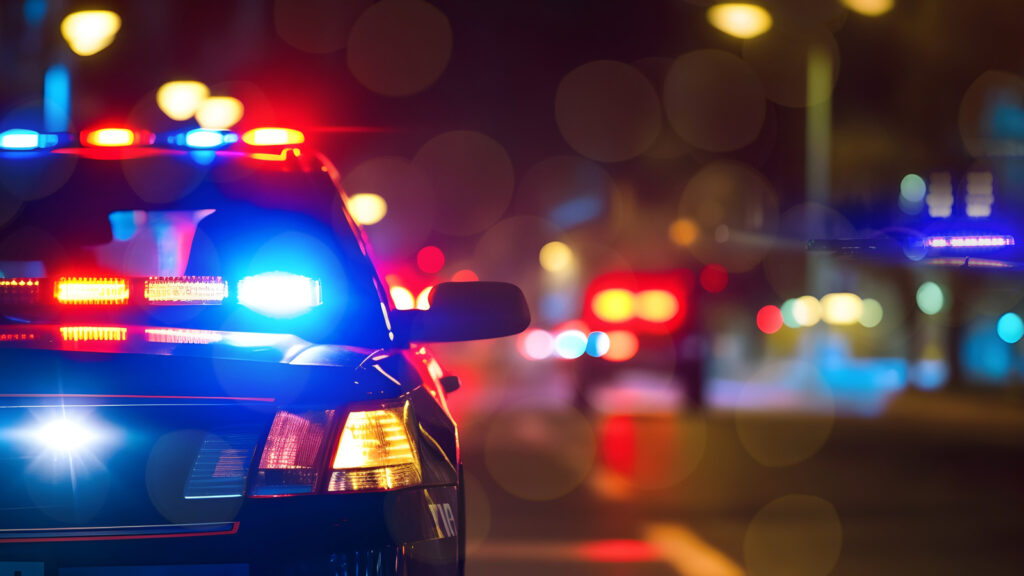
Seeing the red lights flashing behind you while driving on the highway can immediately make your heart sink, so it’s no surprise that a lot of drivers are using police scanners to detect nearby police officers and avoid getting into trouble. Before grabbing a police scanner of your own as a game-changing gadget for your next road trip, you may be wondering if it’s even legal to use one. The short answer is that like a radar detector, it’s probably best to not use a police scanner while driving in some states.
Advertisement
Police scanners are actually legal to own and operate in the United States, because the radio frequencies used by law enforcement, like all U.S. radio frequencies, belong to the public. However, most states have restrictions on how police scanners can be used.
In Florida, Indiana, Kentucky, New York, and Minnesota, it’s against the law to use a police scanner while driving. In other states, like California (which makes many things involving cars illegal), Michigan, New Jersey, Nebraska, Oklahoma, Rhode Island, South Dakota, Vermont, Virginia, and West Virginia, you’ll face extra charges if you use a police scanner to aid in a crime. Always check your state’s police scanner laws before installing one in your car.
Advertisement
Why police scanners won’t work everywhere anymore
People in a lot of cities across the U.S. have noticed police scanners going silent. This is due to police departments choosing to encrypt their broadcasts, no longer letting drivers, journalists, and other members of the public hear police calls anymore. This has rendered police scanners useless in some cities.
Advertisement
The FBI has pushed police departments to silence radio calls in an attempt to give Americans more privacy. And police have responded. At the start of 2024, for instance, departments across Kansas started encrypting radio communications, saying that this was to protect residents’ information and ensure criminals weren’t monitoring the radio to elude responding officers.
The New York City Police Department has begun encrypting its broadcasts, too, claiming criminals were listening in. In Colorado, over 30 departments have also decided to encrypt radio transmissions — and the Radio Television Digital News Association argued that this was putting the public at risk by hiding both crime and potentially troubling police behavior. And Las Vegas police have followed the trend, although they allow journalists to listen in.
Advertisement
As more and more police departments encrypt their radio communication, the idea of installing a police scanner (which can cost anywhere from about $50 to $700) isn’t as appealing for some. Try installing a police scanner app on your phone instead to see if there are public police stations nearby.


